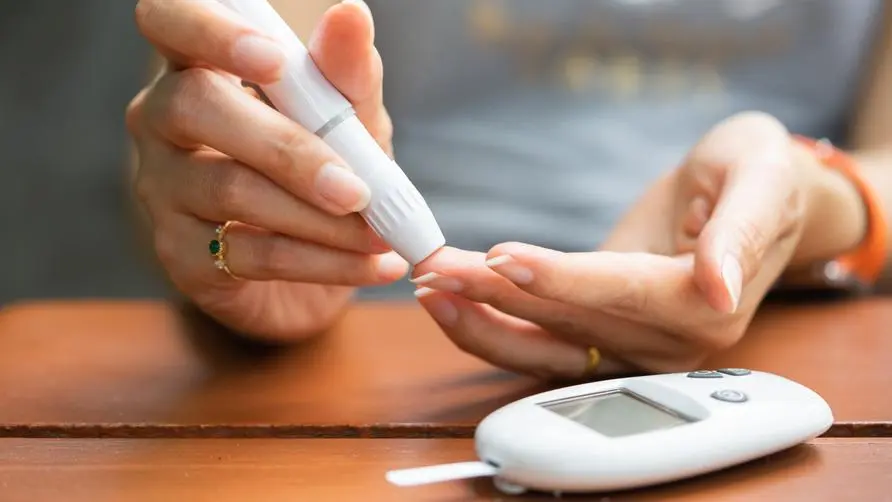German study reveals: COVID-19 increases the risk of diabetes, even those with mild symptoms cannot escape the risk

COVID-19 not only affects the respiratory tract and lungs, but the pancreas is also a potential target of the virus? A recent study published by the German Diabetes Research Center (DZD) shows that even if you only suffer from mild illness, the pancreas may be damaged by the new coronavirus, causing abnormal insulin secretion and doubling the risk of diabetes.
New coronavirus damages pancreatic function: study shows “mild” patients are at increased risk of developing diabetes
The German Diabetes Research Center summoned 1,171 doctors to provide hospitalization records of 8.8 million patients, of whom 35,865 were diagnosed with COVID-19. The team conducted a random survey from March 2020 to January 2021, and used patients with acute upper respiratory tract infection (undiagnosed COVID-19) as a control group.
Analysis results show that patients with COVID-19 are more likely to develop type 2 diabetes than patients with upper respiratory tract infections. The incidence of diabetes after infection with COVID-19 is 0.158%, while that of patients with upper respiratory tract infection is about 0.123%. Statistical analysis resulted in an incidence rate ratio of 1.28, which means that the relative risk of type 2 diabetes in patients with COVID-19 is 28% higher than that in the upper respiratory tract infection group.
The study pointed out that this result is consistent with the results of other studies of severely ill patients with new coronary pneumonia, that is, the probability of being diagnosed with type 2 diabetes increases in the months after illness. The difference is that even if the COVID-19 patients in this study suffered from mild symptoms, the virus may still cause damage to the pancreas.
“After COVID-19 causes damage to the pancreas, it may lead to dysfunction of pancreatic beta cells and subsequent insulin resistance. If the diagnosed person is complicated by obesity, metabolic syndrome or excessive stress, it may accelerate the occurrence of diabetes.” Wolfgang Rathmann, study author and head of the epidemiological research group at DDZ, said.
No history of diabetes, blood sugar still rises inexplicably. Expert: The virus affects “pro-inflammatory cells”
What is disturbing is that after being diagnosed with COVID-19, many patients still developed insulin resistance and increased blood sugar concentrations in their bodies, even though they had no previous history of diabetes. The research team speculates that COVID-19 may release a large amount of “pro-inflammatory cytokines” in the body, causing the immune system to be strongly stimulated, thereby impairing the effectiveness of insulin.
“When people think of the long-term health effects of COVID-19, shortness of breath, difficulty concentrating, and sleep disturbances come to mind, but a growing body of research shows that people diagnosed with COVID-19 may develop heart or kidney problems, or even Risk of diabetes.” Rathmann said that in the past year or so, more and more older patients have been diagnosed with symptoms of diabetes, not just fatigue and brain fog.
Although type 2 diabetes is not an urgent problem for the vast majority of people with mild symptoms of COVID-19, Rathmann still recommends that those diagnosed should be alert to diabetes-related signs, such as fatigue, frequent urination, thirst, etc. If people have diabetes themselves, they still need to maintain a healthy diet, exercise moderately, and control their weight during the epidemic. They must also cooperate with doctors in taking medication and regularly measure blood sugar when returning home to prevent diabetes from affecting their daily life.
source:
Incidence of newly diagnosed diabetes after Covid-19
Further reading:





